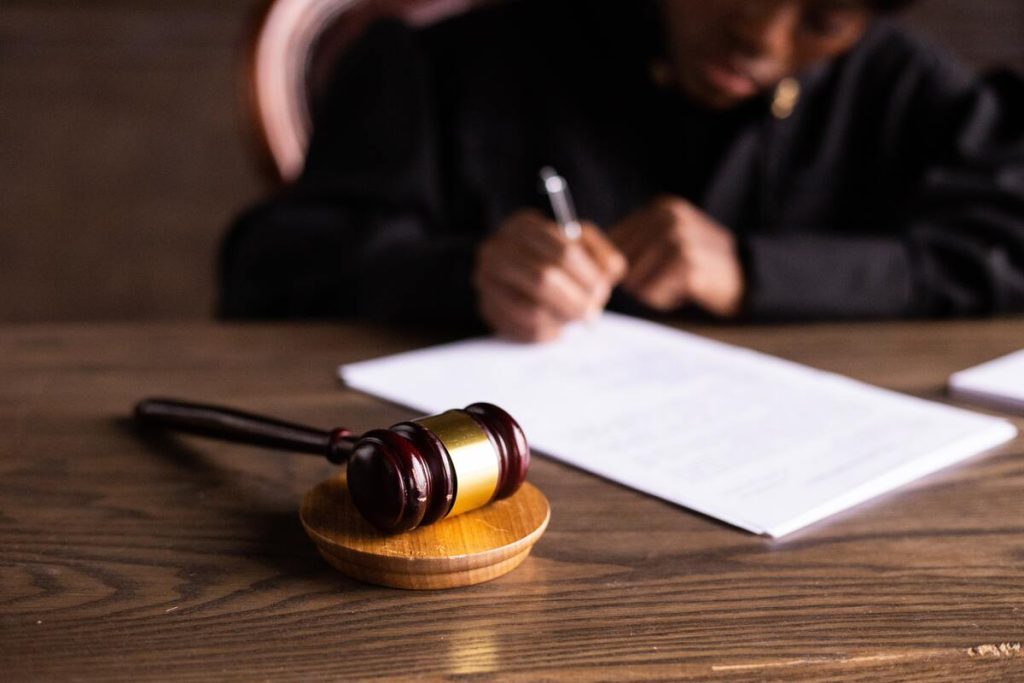In the UK, or anywhere else in the world, most people are likely to need legal representation at one time or another.
Which can be a daunting prospect. Especially if you are not well-versed in legal processes. What do you look for when choosing a legal expert to defend you? And what are some of the red flags you should look out for?
In this article, 5 common queries relating to choosing solicitors Portsmouth are answered. So you can ensure that the legal team you choose is the right one for you.

What are the different types of legal representative?
In the UK, legal representation can generally be broken down into a few main groups.
Family law involves things such as divorce, child custody, adoption and fostering. If you are seeking a cohabitation agreement or a prenuptial agreement, these also fall under family law.
Conveyancing law is, in simple terms, the law which revolves around buying and selling properties. It also extends to the letting and purchasing of commercial properties as well.
Probate law focuses on the estate of someone who has passed away. Along with the paying of taxes and of beneficiaries.
Criminal law encompasses the area that revolves around criminal acts. Such as terrorism, theft, murder and sexual assault.
Depending on the type of legal help that you need, you will need to choose your representation carefully.
Do they all offer no win, no fee?
It may surprise you to note that not all legal firms offer no win, no fee. This is something that you will see advertised on television, but not so much in practice.
Building a case (even one that does not win) takes time. And your legal team will need to invest money into doing so too. Some of the smaller legal firms do not offer no win, no fee. Nor do the larger ones. But it is worth noting, that the firms who do promise no win, no fee may actually still charge hidden fees after the case is concluded. So, keep an eye out!
Is a bigger firm better?
Technically, no. But it is easy to understand why someone may want to seek the advice of a larger legal team.
If you opt for a smaller legal group, you are more likely to have set individuals (who you will have met) working on your case. In larger groups, these tasks may be delegated to staff members who are not trained legally, which can cost you money in the long run.
So, it may be better to stick to a legal team that has fewer members.
What questions should I ask at the consultation?
There are a few key questions to ask when meeting your legal representative. The first is about their fees; any legal team who evades this question should be avoided. The next query should revolve around the team’s expertise and training. Once again, any legal team should be happy to break down their qualifications and knowledge of the law. If they don’t, move on to the next team.

